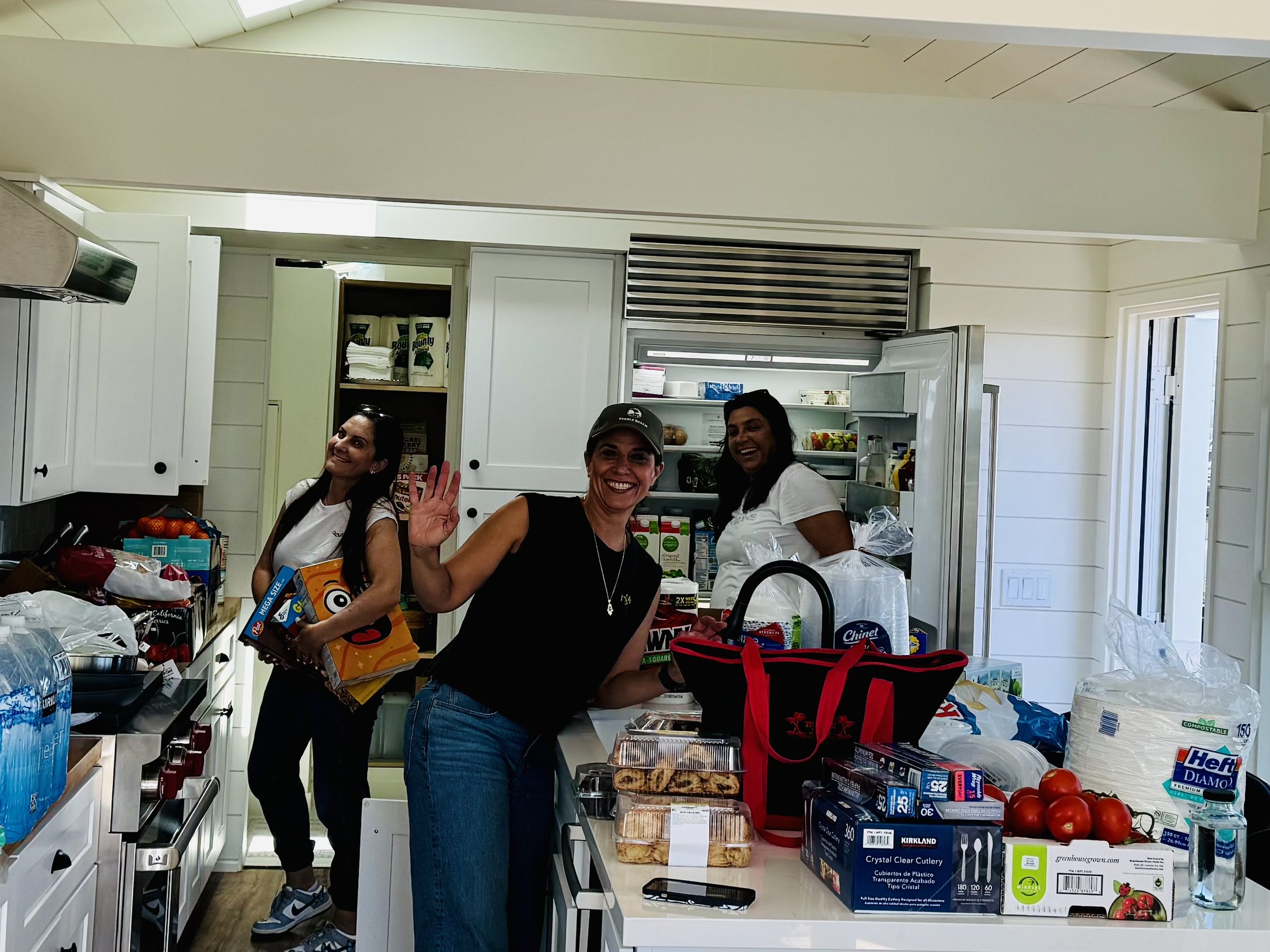Volunteer
✩
Volunteer ✩
Isreali IDF soilders at a shabbat dinner in San Diego during one of the Head's Up retreats
Make a difference
Why Volunteer?
Your support is a lifeline for those who have faced deep challenges.
At Jewmanity, we’re dedicated to helping individuals heal from war, anti-Semitism, and trauma.
Volunteering with Jewmanity offers a unique opportunity to support soldiers coping with PTSD by providing essential services during retreats. Whether it's driving participants, preparing meals, or assisting with daily tasks, your contribution plays a vital role in creating a healing environment.
With your help, we can empower those in need to overcome their struggles and move forward with dignity and hope.
SUPPORT NOW
Your support is essential in helping us provide the care and resources needed to heal those affected by trauma. Every donation makes a difference.
Please visit our donation page to make a contribution.
Volunteer
Head’s Up, our rehabilitation retreat for IDF soldiers severely impacted by trauma, relies on significant support to ensure its success. We welcome volunteers to assist with tasks such as meal preparation, driving participants to activities, and hosting dinners.
If you’re interested in helping, please sign up using the link below.
FAQs
-
No prior experience is necessary—just basic social etiquette and a willingness to help
-
The average volunteer shift is approximately 2 hours, making it easy to fit into your schedule.
-
Meals are typically not provided, but volunteers are welcome to enjoy any available leftovers.
-
Volunteers must be 18 or older. Younger individuals can volunteer alongside a parent or guardian. There are no specific physical requirements.
-
Yes, you can select tasks based on available positions and scheduling preferences.
-
If you're new to Jewmanity, we’ll arrange a brief meeting beforehand to get to know you better and ensure a great fit for everyone involved.
-
This isn’t just any volunteer gig—you’ll be supporting individuals with PTSD. Before your shift, you’ll receive important info, like what cooking kosher means, what clothing is appropriate, and simple guidelines on what to say (and not say) when interacting with participants to ensure a respectful and supportive environment


